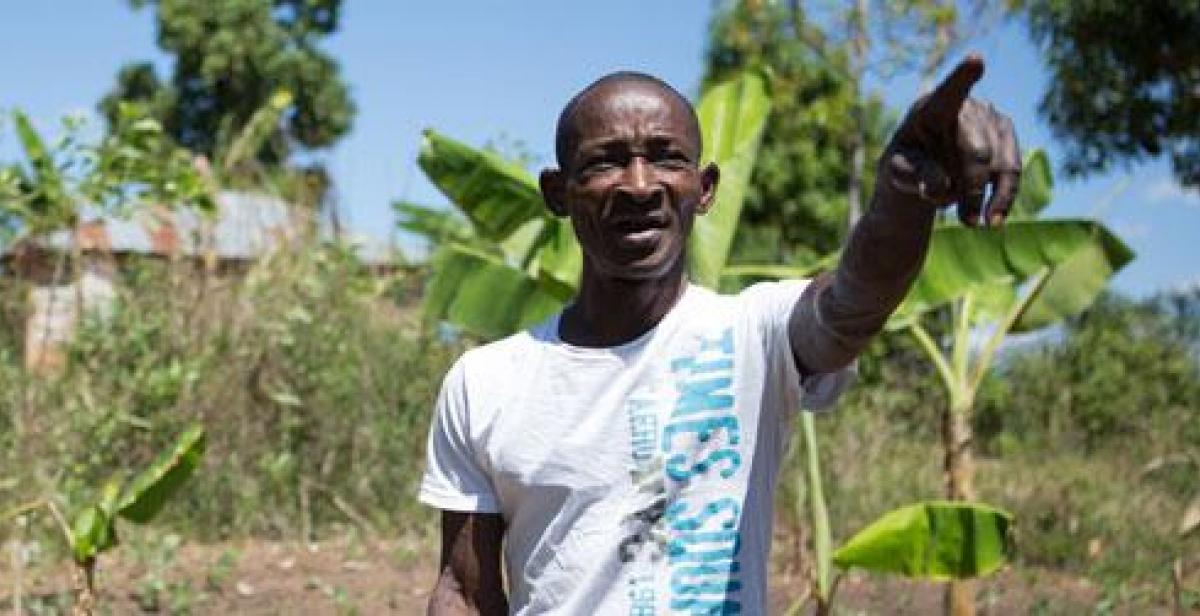Progressio commends the High Level Panel report on post 2015 development for the inclusion of specific goals targeting women and girls. Yet water for food and farming remains a big hole in what needs to be a waterproofed development agenda.
Women and acces to water are two cornerstones of development and both need to be supoprted by new poverty eradication goals.
The Panel, co-chaired by David Cameron, has been conducting consultations for the past six months on what should replace the Millennium Development Goals when they expire in 2015 - but their report shows they are still some way off recognising some of the most basic needs of poor people.
Chris Mweembe, a Progressio Development Worker based with Environment Africa in Zimbabwe, hoped the report would have an emphasis on, "Empowering farmers, women's movements and water committees." But some of these popular concerns have not been acknowledged in the report.
Whilst we are disappointed that the report did not live up to its potential for water, we are encouraged to see that there is a specific recommendation regarding women and girls, as they are key to the implementation and success of all development programmes and targets.
Lizzette Robleto-Gonzales, Progressio's Governance Policy Officer, welcomed the report saying, "By including gender equality specifically, the Panel have highlighted the crucial role women play in development but the Panel should have gone further to specifically consider women in fragile states where governance structures are so weak that they do not allow for women's rights to be upheld."
Progressio is disappointed that the Panel has not prioritised the importance of sustainable access to water for food security and livelihoods. Equal access to water for small scale farming is critical to lifting people out of poverty. So often we hear from communities that we work with that 'water is life, without it we cannot grow crops and we cannot eat'.
Lis Martin, Progressio's Environment Policy Officer says, "Access to water is not just essential for drinking. David Cameron and his co-chairs have failed to recognise the need to address water holistically.
"Without sustainable and equitable access to water for farming for the world's poorest people, especially women, the Panel's vision of a world free from poverty cannot be achieved."
The months ahead must be used to agree targets and indicators for how poor people, especially women, can be key decision-makers in the sustainable management of their natural resources. Building upon the consultations that have influenced the report and continuing to listen to people living at the sharp end of poverty is key - so that the next stages of thinking about what replaces the Millennium Development Goals are truly reflective of what poor people need.
The report can be read in full here.
Photo: Elismar in his field in Haiti © Fran Afonso/Progressio




Comments
Knowing a little bit of the
Knowing a little bit of the case in Zimbabwe.. in my humble opinion aid should concentrate on educating the local people on well making. The situation as such has locals waiting for aid in turn.. while improvement could be made speedier with local help in the long run.